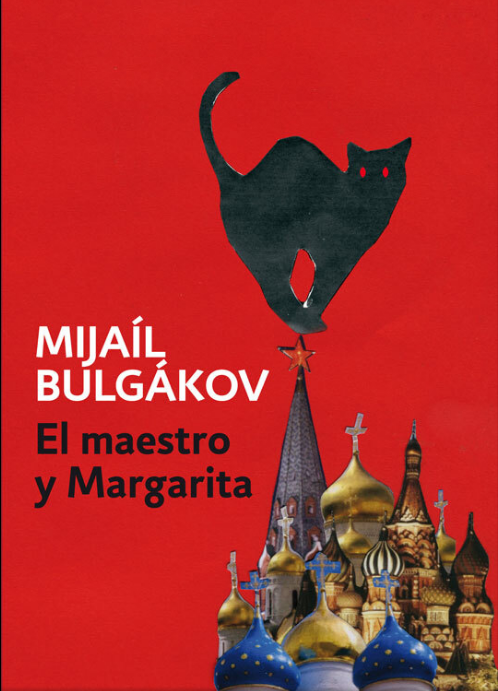The Master And Margarita - book review
Brief review of Mikhail Bulgakov book, The Master And Margarita. Warning: spoilers ahead
The Master and Margarita
I like reading a lot. I always enjoyed it but somehow, in the last few years I filled up my reading habits with non-fiction... Must-be-productive Must-learn-all-the-time. Technical readings, geopolitics, news, fitness, health, science, etc. Also Hacker News, where many would recommend The Master and Margarita. Tired with shallow text, I gave it a go, and it blew my mind.
Censorship
In The Master and Margarita you have a veiled story that criticises the Stalin regime and how its censorship cut the wings of artists who are too elevated spiritually to preach about the virtues of the statu quo. In real life Mikhail Bulgakov was censored from the moment he acquired fame with the White Guard in 1925. He was accused by the bureaucracy of praising old values and putting in danger the “new russian man” His later and best work would only be published posthumously.
Redemption
Within that context we can understand why the “prosecuted artist” is a constant topic in his work. This is the case in The Master and Margarita with a particular twist. Redemption for the artist only comes from the outer world. Satan and his troupe decide to visit Moscow and bring confusion and tragedy to the authorities reigning over the artistic world. There is a novel within the novel about Pontius Pilate and Jesus. The descriptions, narrative and literary images are delightful to read. So much creativity. There is also a romantic story between (did you guess it?) The Master and Margarita and as we mentioned there is Voland (one of Satan’s names) to bring caos and justice. In the novel within, Stalin is Pilate, who actually liked Bulgakov's but ultimately his lack of courage is his ultimate sin. The author is personified by Jesus and the Master, both condemned and censored by the authorities but also for the latter, in love with Margarita.
After finishing the book, we are left with a formula for a happy life. Don’t get too attached with material possessions. Everything perishes or vanish like the ruble notes and clothes handed over by Koroviev. Rather focused in feeding your spirit.
O thrice romantic master, wouldn't you like to stroll under the cherry blossom with your love in the daytime and listen to Schubert in the evening? Won’t you enjoy writing by candlelight with a goose quill? Don’t you want, like Faust, to sit over a retort in the hope of fashioning a new homunculus? That’s where you must go (...)
-
Design cover: Rundesign ↩︎
